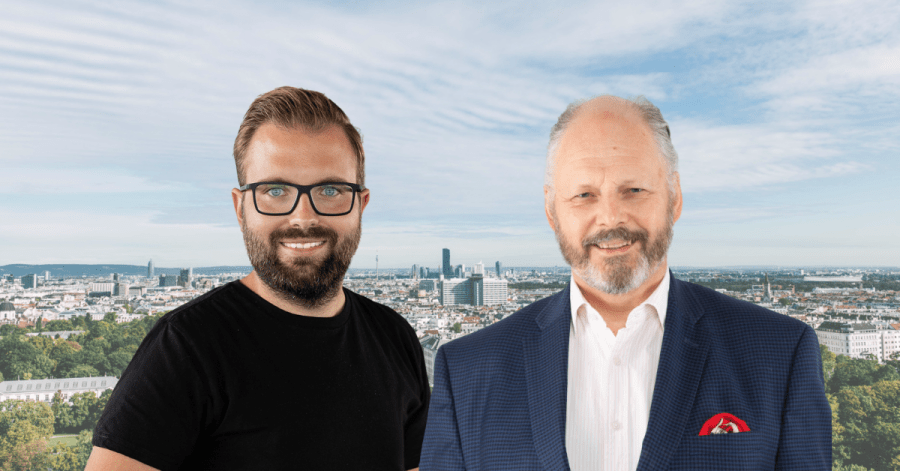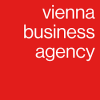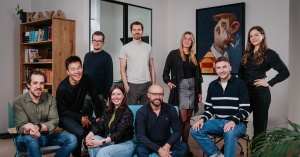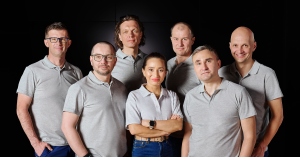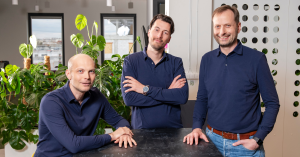ViennaUP’22, the largest community-driven startup festival in Central and Eastern Europe kicks off on May 27th, 2022 to create an interconnected experience for startups, investors, tech enthusiasts, creatives, and visionaries. The week-long festival, which is curated by the Vienna Business Agency, will consist of hybrid, fully-onsite, and online stand-alone events brought by ecosystem program partners.
To find out what makes Vienna special for international investors and early-stage businesses, The Recursive met with two investors who take part in ViennaUP – Markus Lang, a Partner at Speedinvest, and Rudolf Kinsky, Board Member of the Austrian Private Equity and Venture Capital Organization (AVCO). In our interview, we investigated the general investment climate in the city and sought to find out what is the role of Vienna in the general European innovation landscape.
The Recursive: Which industries in Vienna and Austria as a whole appear to be well-positioned for long-term success?
Rudolf Kinsky: Several industries have been historically well-positioned in Austria because of the universities that have been established here and because Vienna itself used to be a well-known medical hub back in the 19th century. Therefore, biotech and medtech startups that are often launched as university spin-offs are particularly well-positioned. Recently, many interesting crypto and blockchain players are starting to attract attention, together with IT startups with innovative digitalization solutions. Albeit, Vienna is not as big of a hub as Berlin, Amsterdam, or London, we’re catching up. To mention a few of the success stories and startups with technical breakthroughs that we have already seen, these are TTtech, Bitpanda, GoStudent, contextflow, allcyte, Apeiron, and TriLite.
Markus Lang: I believe that one of the big advantages of Vienna is the availability of talent in various industries and the availability of people who have already worked in successful startups and are now eager to build something new. The city attracts a variety of highly skilled people. We’ve seen quite a few FinTech players, marketplaces, and successful SaaS cases, as well as emerging climate startups. In addition, Vienna also has a very strong Life Science biotech community.
How should investors from other regions perceive the general investment climate and opportunities in Vienna?
Rudolf Kinsky: Vienna has grown into a regional centre that is geographically well-positioned and easy to get to. There is a very good infrastructure to do business, a strong banking sector as well as availability of high-level legal and business advisors. In addition, subsidies from both the federal and local governments are available at the pre-seed and seed levels. There is an active angel network and a growing VC fund market, however, there are not sufficient local capital sources to fuel the Series A, B, C, or D rounds of scale-ups. Vienna could become an international hub, because it has a lot of positive elements – high living standards, a good network of accelerators, and incubators – it is a sophisticated city. But we lack the capital markets to back it up. And the government has been unable to provide the right regulatory and legal frameworks to help funds to establish themselves in Austria, but also for talent to come in.
Markus Lang: Honestly, I think we have come a long way. I would hope for more support coming from the government side but overall there are three major developments in the ecosystem. One – Vienna has become a great place to live and start a company. There is a lot of tech talent and an increased amount of exchange between Vienna and other capitals such as Bratislava and Budapest. Two – there is more capital compared to a few years ago due to the emergence of great public support programs such as that of AWS. And the last thing is that there are now more role models that can inspire and teach new talents the art of scaling a company.
Overall, what do you think is the role of Vienna in the innovation landscape in CEE?
Rudolf Kinsky: Vienna has the potential of challenging Berlin and other centres as a startup hub. It offers founders a very well-endowed subsidy support – from FFG, AWS, and the City of Vienna, as well as funding opportunities at pre-seed and seed levels. However, the government will need to do much more to provide a legal, tax, and regulatory framework that is internationally competitive and works for the VC industry. It will also need to reduce the bureaucratic hurdles around the red-white-red card for accepting international talent. Vienna is the European leader in R&D expenditure and has several supporting agencies such as the
Vienna Business Agency, aaia, and AVCO. What’s still missing is sufficient capital for later financing stages and hence a functioning capital market – Austria needs more institutional capital through fund-of-funds, pension funds, and insurance companies. Vienna could attract start-ups from CEE countries if more capital through local VC funds was available.
Austria gave birth to two unicorns in one year. What do these milestones mean for the development of the local VC landscape?
Rudolf Kinsky: I believe 2 or 3 unicorns have too little impact but show what is possible and achievable by other local founders. The impact of these unicorns is mainly motivational. The challenge is to keep fast-growing start-ups in Austria, as they need easy and hurdle-free access to resources such as capital and people.
Markus Lang: I do believe there will be more such success stories soon. There are a couple of promising scale-ups such as Adverity which has just raised a fairly substantial round. There is Refurbed and Byrd which announced growth rounds recently. All in all, I can think of 10 companies that can be considered soonicorns. Even though their growth is very dependent on the market, I fundamentally believe if a company truly resolves the problem, and keeps making money, it will surely continue to grow.
+++ Find out which are the highlights of ViennaUP +++

